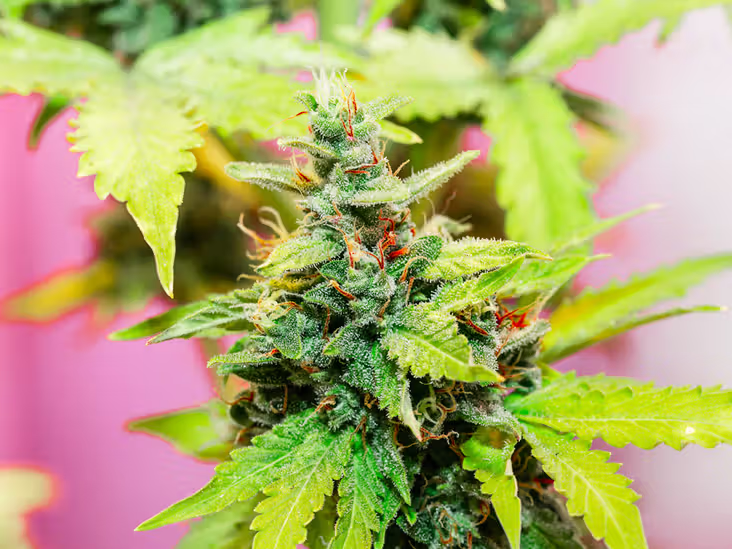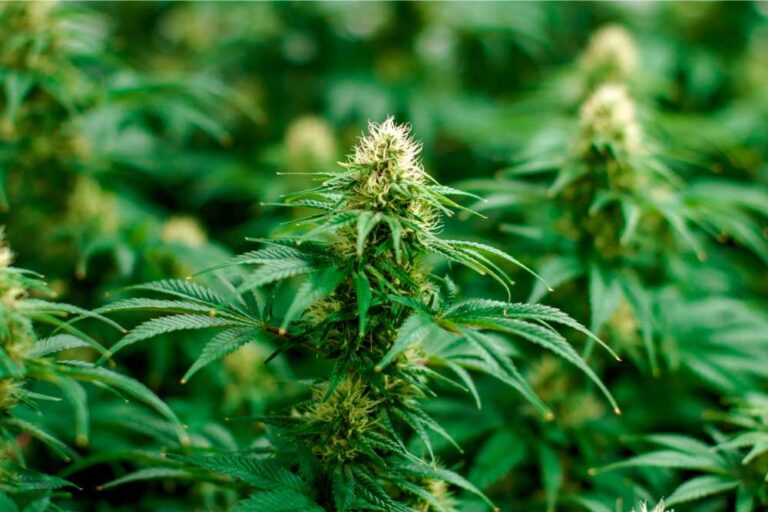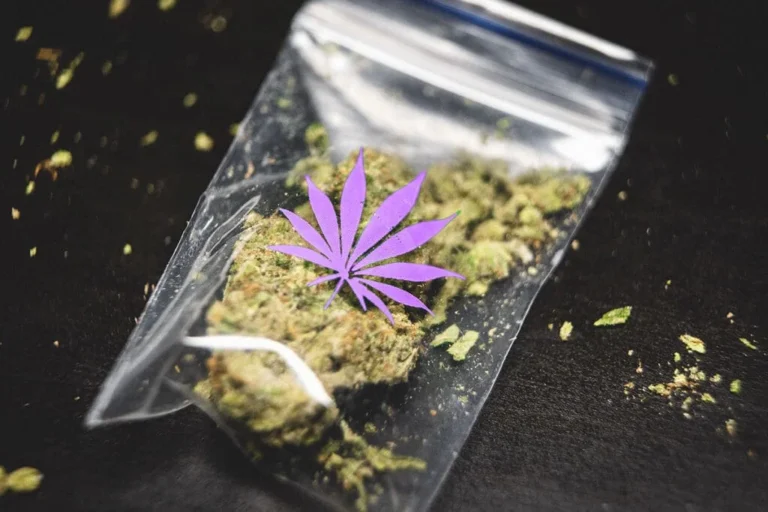Is Delta 9 Bad For Your Brain At All
Delta 9 THC, the main psychoactive component of cannabis, is commonly used for its effects, such as euphoria, relaxation, and altered perceptions. With the growing acceptance of cannabis, particularly in areas where it is legalized for medical or recreational purposes, concerns about its safety have become more prevalent. A major point of discussion is whether Delta 9 could negatively affect brain function. Although research on the subject is ongoing, current studies shed light on how Delta 9 THC interacts with the brain and highlight potential risks associated with its use.
How Delta 9 THC Affects the Brain
Delta 9 THC influences the brain through its interaction with the endocannabinoid system, which includes a network of receptors spread throughout the brain and body. This system plays a crucial role in regulating functions such as mood, memory, appetite, and pain sensation. Specifically, Delta 9 THC binds to CB1 receptors within the brain, which triggers its psychoactive effects. This interaction can impact various areas of the brain, particularly those responsible for memory, decision-making, and emotional responses. While these effects are generally short-term, frequent or heavy use may lead to longer-lasting consequences.
Short-Term Cognitive Effects of Delta 9
Delta 9 THC can lead to temporary impairments in memory, attention span, and coordination. Many users experience challenges with concentration and recalling information while under its influence. These effects are typically temporary, as the compound is processed by the body and eventually exits the system.
The severity and length of these symptoms can differ based on factors like the person’s tolerance, how much was consumed, and the method used for consumption.
Long-Term Brain Health and Delta 9 Use

The long-term effects of Delta 9 THC on the brain are still being explored, but there is increasing evidence suggesting that frequent use, particularly when initiated at a young age, can affect brain development and cognitive abilities. Adolescents, in particular, are more vulnerable as their brains are still maturing. Research has indicated that regular Delta 9 use among teens and young adults may result in decreased cognitive function, impacting memory, attention, and decision-making abilities. Concerns have also been raised about potential structural changes in areas of the brain that are responsible for learning and emotional regulation.
Mental Health and Delta 9: What the Research Suggests
The connection between Delta 9 THC and mental health is another area of concern. Some research suggests that frequent use of Delta 9 may heighten the risk of anxiety, depression, or even psychosis in individuals who are genetically predisposed to these conditions. While not everyone who uses Delta 9 will experience these effects, it is important to consider personal mental health history when deciding to use Delta 9 products. People with a family history of schizophrenia or mood disorders may be more susceptible to negative psychological effects from cannabis use.
Balancing Benefits and Risks
Despite these concerns, Delta 9 THC is not necessarily harmful to the brain for every user. Many people use it responsibly for its therapeutic effects, such as relief from chronic pain, insomnia, or anxiety. When used in moderation and with proper guidance, Delta 9 can be a valuable part of a wellness routine. The key is to understand individual tolerance, choose high-quality products, and stay informed about any potential side effects.
Is Delta 9 Bad For Your Brain?
Whether Delta 9 is harmful to your brain depends on several factors, such as age, frequency of use, mental health history, and dosage. While occasional use may not pose significant risks for most adults, chronic or heavy use—especially during adolescence—can have negative effects on cognitive function and mental health. Ongoing research will continue to shape our understanding of Delta 9 THC and its impact on the brain. In the meantime, users should take a thoughtful, informed approach to cannabis use and consult healthcare professionals to make safe, responsible decisions.






